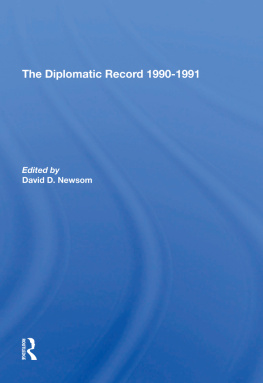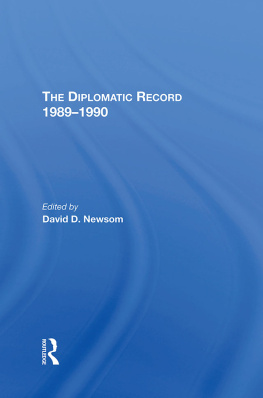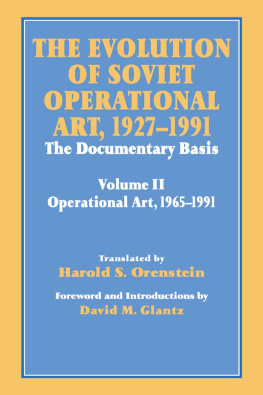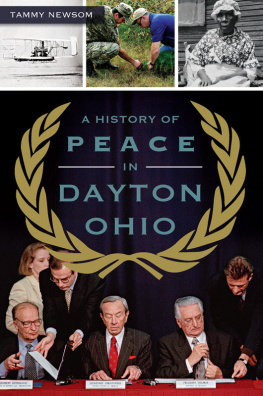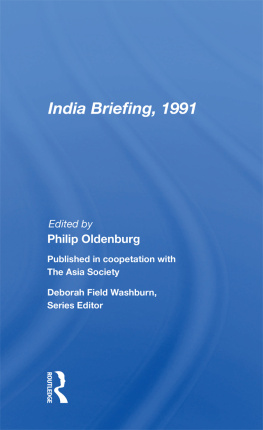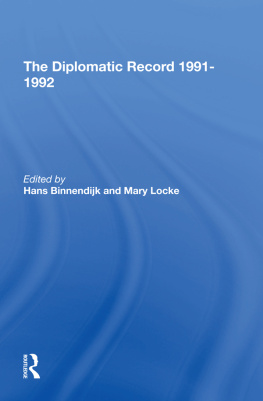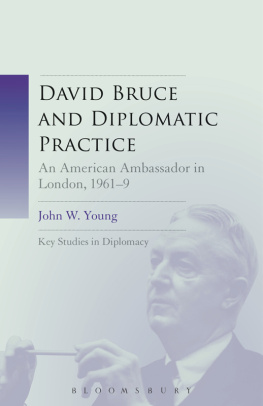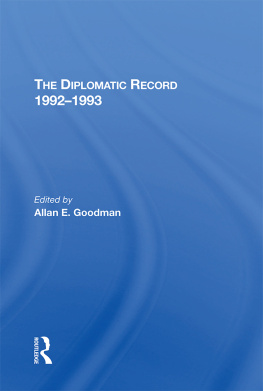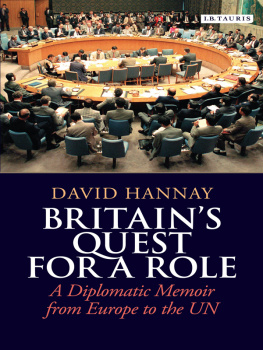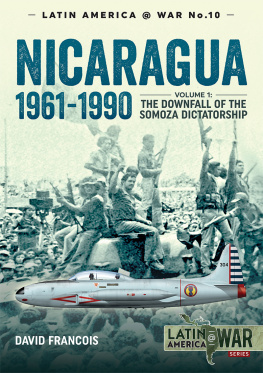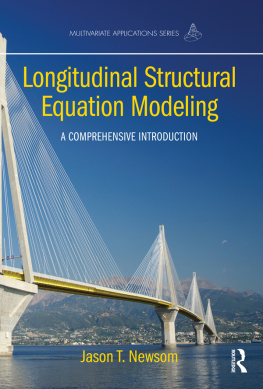THE DIPLOMATIC RECORD 1990-1991
Published in cooperation with the
INSTITUTE FOR THE STUDY OF DIPLOMACY
School of Foreign Service, Georgetown University
An integral part of the Georgetown University School of Foreign Service, the Institute for the Study of Diplomacy concentrates on the processes of diplomacy. Through its research and publication programs, the Institute seeks to improve diplomatic skills and broaden public understanding of diplomacy.
Advisory Committee
Miguel Gonzalez Avelar
Mexico City, Mexico
Hans Binnendijk
Washington, DC
Anthony T. Bryan
Trinidad and Tobago
Andrea G. Mochi Onory diSaluzzo
Rome, Italy
Peter Dunkley
Washington, DC
Allan E. Goodman
Washington, DC
Brandon Grove
Washington, DC
A.N.D. Haksar
New Delhi, India
J. Bryan Hehir
Washington, DC
Peter F. Krogh
Washington, DC
Robert Lieber
Washington, DC
Theodore Moran
Washington, DC
John Muzhar
Jakarta, Indonesia
Thereza Marie Machado Quintella
Brasilia, Brazil
Jeswald W. Salacuse
Medford, MA
Editorial Staff
David D. Newsom
Editor
Jean C. Newsom
Associate Editor
Charles Dolgas
Production Coordinator
Michael Snyder
Production Assistant
James Bjork
Alexander Espinosa
Johanna Goodmark
Prakash Mehta
Jeffrey Osterroth
Brett Parker
Elliot Rushing
Research Assistants
THE DIPLOMATIC RECORD 1990-1991
edited by
David D. Newsom INSTITUTE FOR THE STUDY OF DIPLOMACY
First published 1992 by Westview Press
Published 2019 by Routledge
52 Vanderbilt Avenue, New York, NY 10017
2 Park Square, Milton Park, Abingdon, Oxon OX14 4RN
Routledge is an imprint of the Taylor & Francis Group, an informa business
Copyright 1992 by Taylor & Francis
All rights reserved. No part of this book may be reprinted or reproduced or utilised in any form or by any electronic, mechanical, or other means, now known or hereafter invented, including photocopying and recording, or in any information storage or retrieval system, without permission in writing from the publishers.
Notice:
Product or corporate names may be trademarks or registered trademarks, and are used only for identification and explanation without intent to infringe.
Library of Congress ISSN: 1052-0309
ISBN 13: 978-0-367-29131-0 (bbk)
This second volume of The Diplomatic Record , covering events in 1990 and 1991, concentrates on three areas of the world where diplomacy was particularly active: the Middle East, Europe, and Africa. In addition, addresses a global subject particularly relevant to the Middle East today: the Nuclear Non-Proliferation Treaty.
In Asia and Latin America, diplomats were also active, but potential chroniclers felt the time had not yet come to write meaningfully on such issues as Cambodia in Asia or negotiations on the future of El Salvador in Central America. Other key global issues such as the Uruguay Round of Multilateral Trade Negotiations and the preparations for the United Nations Conference on Development and Environment will reach definitive stages next year and are potential subjects for the 1991-1992 volume. The Diplomatic Record takes note of these and several other ongoing negotiations in "Looking Ahead."
The events that dominated the diplomatic circuits for most of the year were those related to Iraq's invasion of Kuwait: efforts either to prevent conflict or to create the coalition that would make military force effective. The initial essay addresses the effectiveness of diplomacy in this crisis. Then follow perspectives on the events from the standpoint of the United Nations, the Arab countries, the United States, the Soviet Union, and the Organization of Petroleum Exporting Countries.
Diplomatic activity in Europe was concentrated on the recasting of the security and political arrangements of that continent after the dramatic changes in Eastern Europe in 1989. Both to record recent events and to look at their future implications, we invited contributions from authors from Germany, the United States, and the Soviet Union. The result is a cluster of essays that chronicle the diplomacy surrounding the reunification of Germany and examine efforts to form new European structures from the perspectives of Washington and Moscow.
In this volume of The Diplomatic Record we have chosen to look at two areas in Africa where international efforts have been mounted to resolve disputes. One involves the actions of the Economic Commission of West African States to bring peace to a deeply divided Liberia; the other chronicles the progress of the United Nations toward establishing a referendum on the future of the Western Sahara. These are but two examples of active diplomatic moves to bring peace and stability to the continent; others continue in Angola, Mozambique, and, most recently, Ethiopia.
The year 1990 was also one of active multilateral diplomacy. The essays on the role of the United Nations in the Middle East and in the Sahara recognize this. So, also, does the essay by a knowledgeable participant in the negotiations on the Nuclear Non-Proliferation Treaty.
As in the first volume of The Diplomatic Record, the writers represent varied perspectives. They include diplomats, scholars, international civil servants, consultants, and journalists; in most cases, the authors have had direct involvement as participants in or observers of the events about which they write.
In "Recent Developments in Diplomatic Practice," we seek again to present important developments in the rules governing the practice of diplomacyfrom the standpoint of the United States, Canada, and Hungary.
The chronologythrough May 1991lists milestones in diplomatic events from every continent as well as in specialized subjects such as trade and investment and the environment. The bibliography lists recent works on diplomacy published in the United States and Canada and benefits this year from a contribution from Brazil.
The appendixes include documents relating to the Gulf crisisparticularly the key resolutions of the United Nations Security Council.
As always, The Diplomatic Record's contents and the timeliness of its subject matter are limited by space and by the production schedule. Within these limitations, we have once again sought to present for the scholar, the journalist, and the student of international affairs the significant landmarks in the world of diplomacy.
David D. Newsom
John P. Banks , an associate at International Resources Group, is an economic and political analyst. He holds a Master of Science in Foreign Service degree, Georgetown University.
Charles Michael Brown is a graduate of the Master in Foreign Service program of the School of Foreign Service, Georgetown University, and a nominee to the Presidential Management Intern Program. He has served as a US Foreign Service intern in Africa.
George Bunn was one of the principal members of the negotiating team for the Non-Proliferation Treaty (NPT) in 1990, and he was general counsel for the Arms Control and Disarmament Agency, US Department of State, 1961-1969. He attended the NPT Review Conference as an observer for a nongovernmental organization. He is currently a member-in-residence at the Stanford Center for International Security and Arms Control, Stanford, CA.


